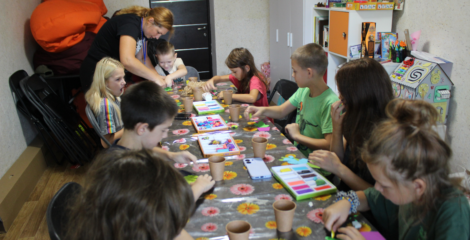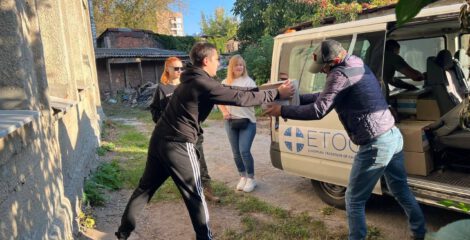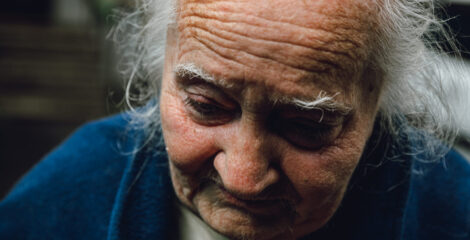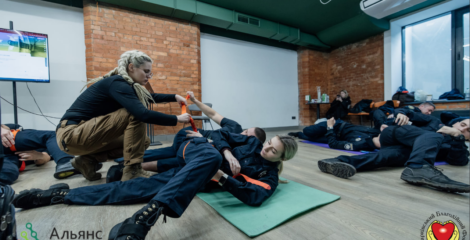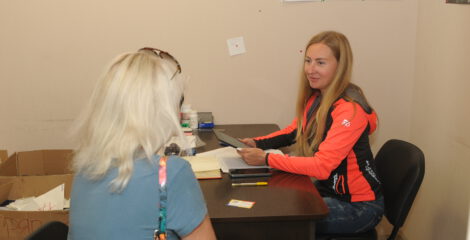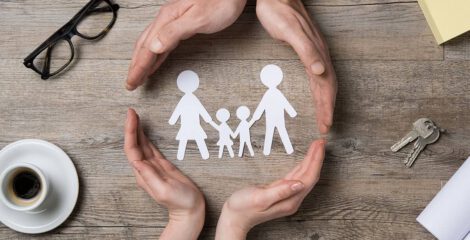Infographic with information for 2023-2024:
💰
75,984,626 UAH
General funding
📈
20+
Implemented projects
Helped or involved in training:
🏠
Forced migrants and people in de-occupied areas – more than 22,000 people (including 1,300 children)
👥
Elderly care and bedridden people – 1,560 people

High-risk HIV groups – around 12,500 people
🚓
Policemen, social workers, medical specialists – 1,500 people
We help:
🏠
Forced migrants and people living close to hostilities
👪
To children and families who find themselves in difficult life circumstances
🧓
To people on the guardianship list: elderly, single, people with reduced mobility
👦
Teenagers who have had a conflict with the law or experience using drugs

People with increased risks of HIV infection tuberculosis, viral hepatitis (drug addicts, people who provide sexual services; LGBT)
Project directions and how they work:
🤝
Providing social, psychological, medical, and legal assistance to people who need it.
📦
Delivery of humanitarian aid: hygiene kits, medicines and medical kits, things to keep warm, etc.
🏠
Organization of care for vulnerable groups: help at home and in places of compact residence of forcibly displaced persons by the elderly, bedridden and people with limited mobility.
💸
Providing financial assistance to people and families in a difficult situation.
🏡
Support of shelters: provision of living conditions for people from groups at increased risk of HIV infection.
🎨
Development of children’s spaces: opening and maintaining safe spaces for activities with children; organization of entertainment and educational events for children.
🧑⚖️
Support for teenagers who are in conflict with the law: carrying out complex activities for teenagers with the aim of their rehabilitation and integration into society.
🧪
Prevention of infectious diseases: testing for HIV and viral hepatitis, distribution of syringes, needles, condoms and other means of combating HIV infection, counseling, social support.
🚑
Support of mobile medical teams: provision of medicines to mobile teams working in border and frontline communities, as well as delivery of medicines to places where there are no pharmacies.
👩🏽⚕️
First aid training: training of police officers and specialists of humanitarian organizations in the skills of providing first aid.
💡
Financial support of charitable initiatives: provision of mini-grants to regional charitable organizations and volunteer groups for the implementation of their social projects.
